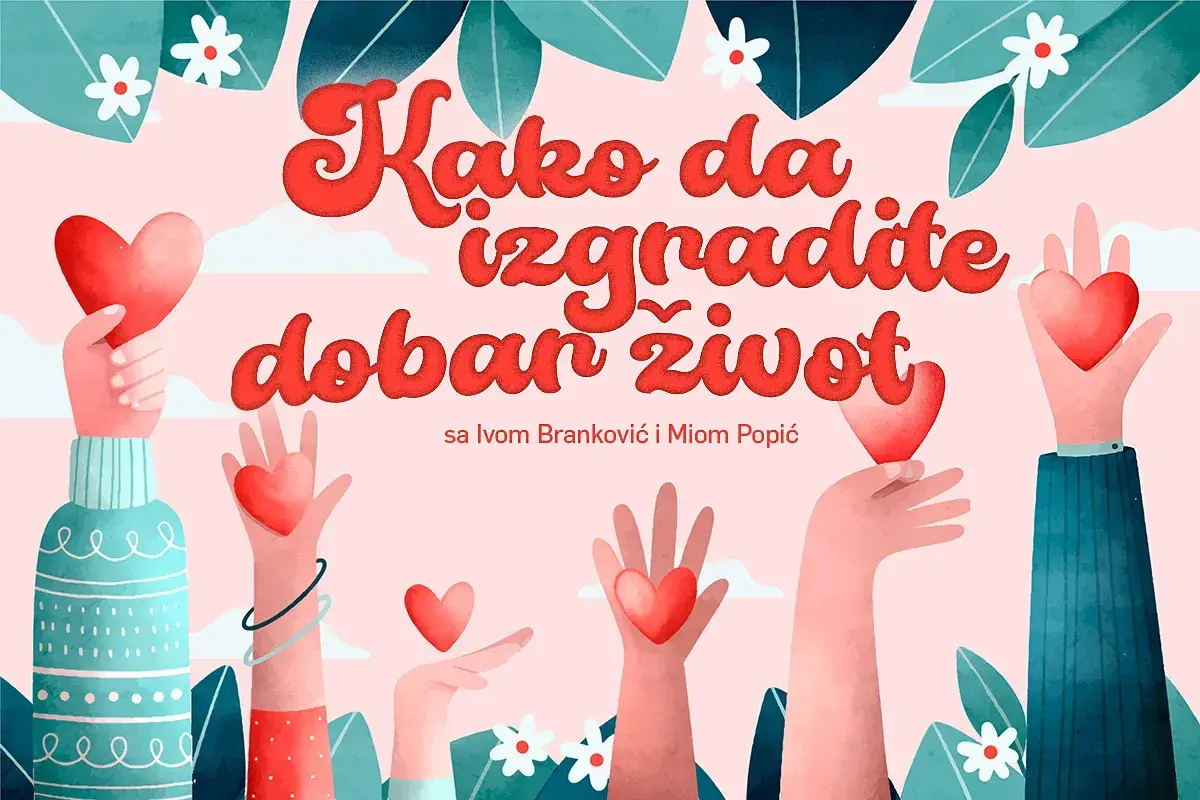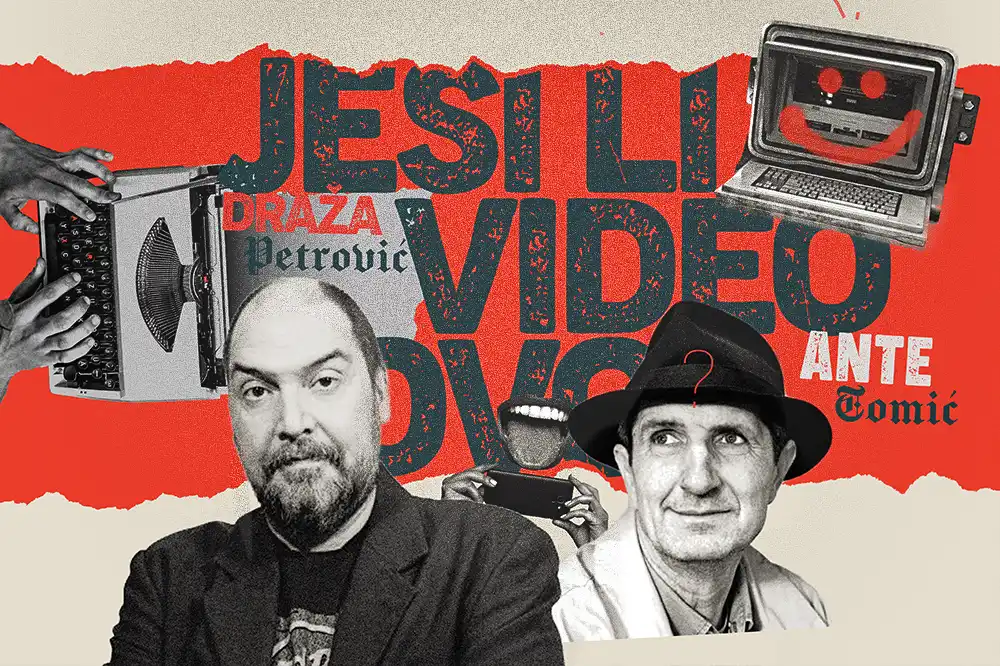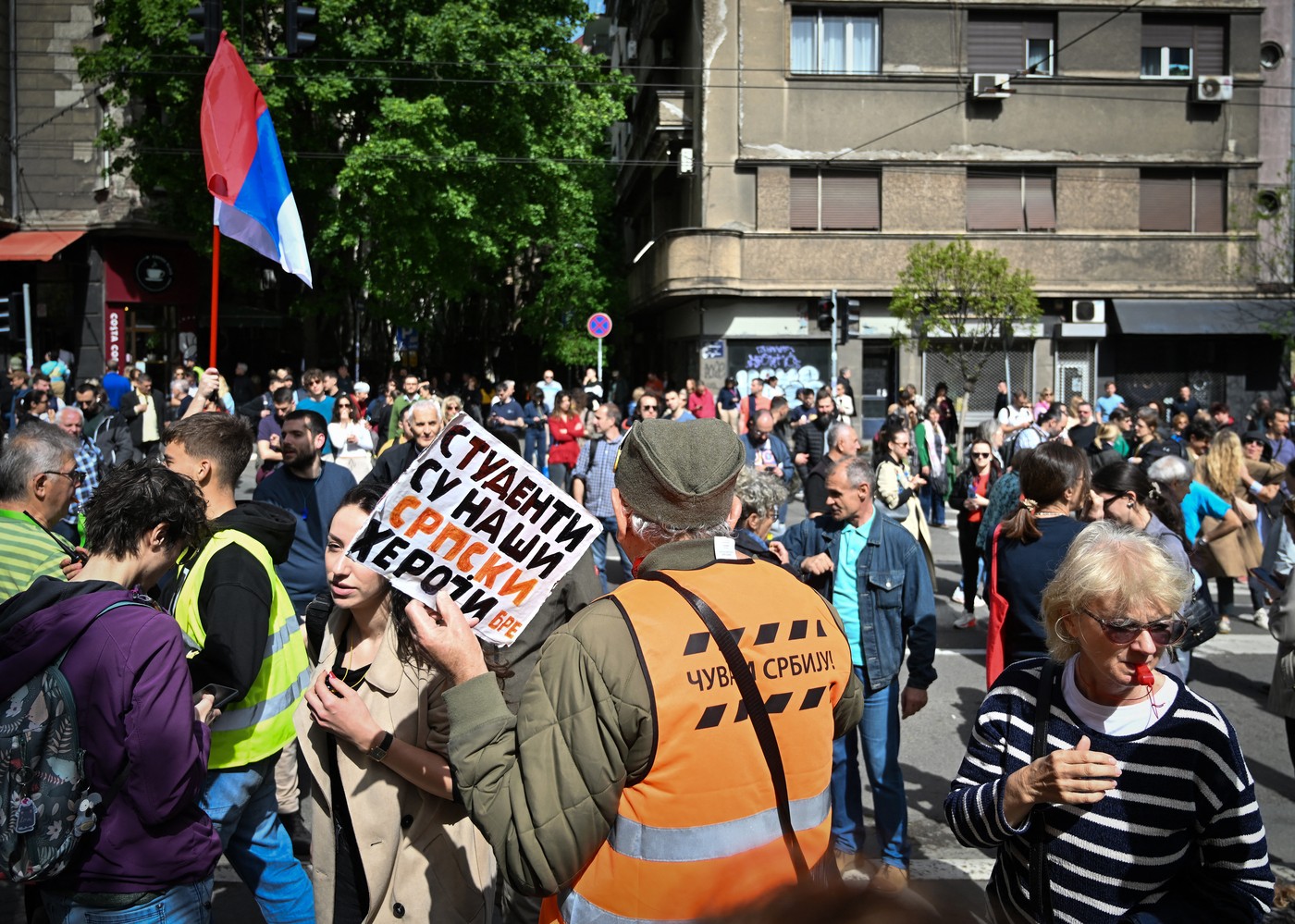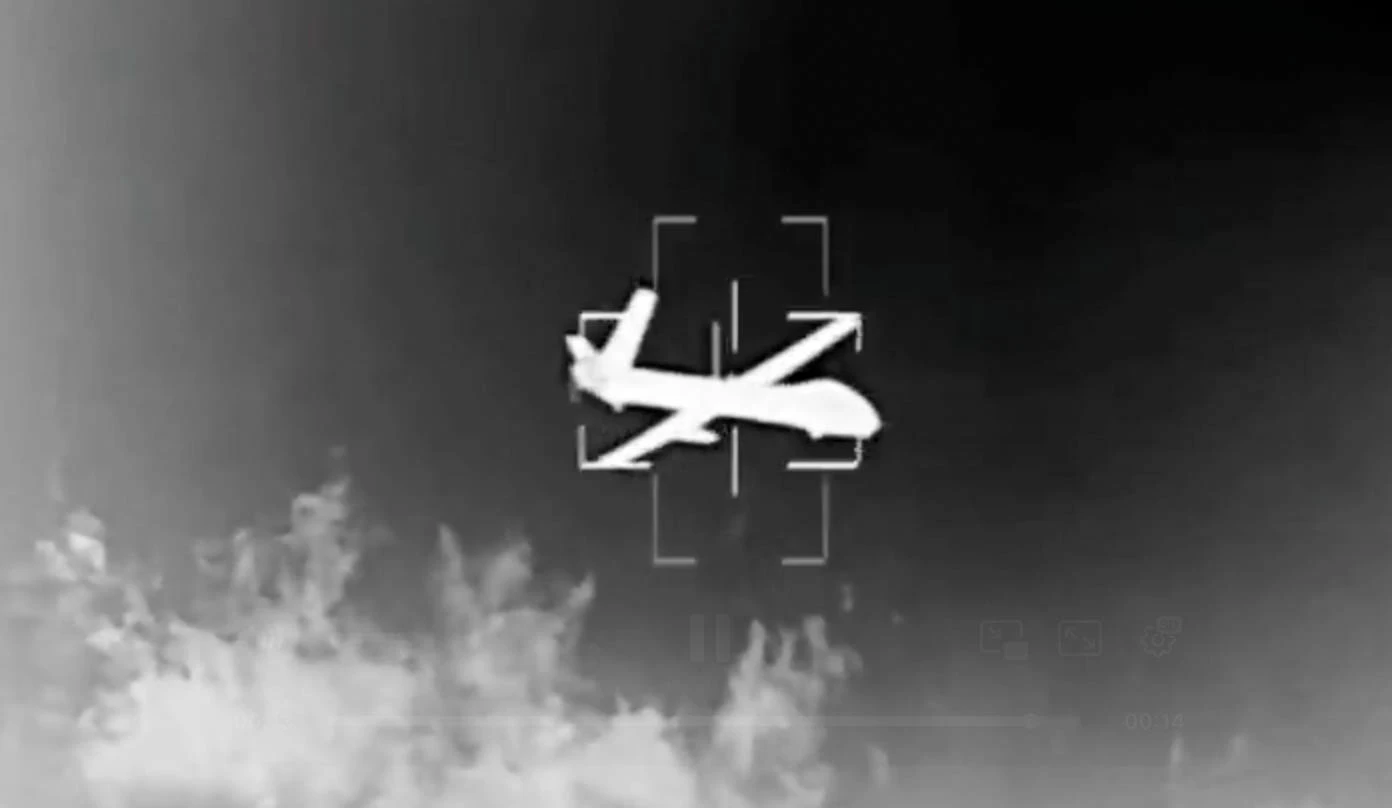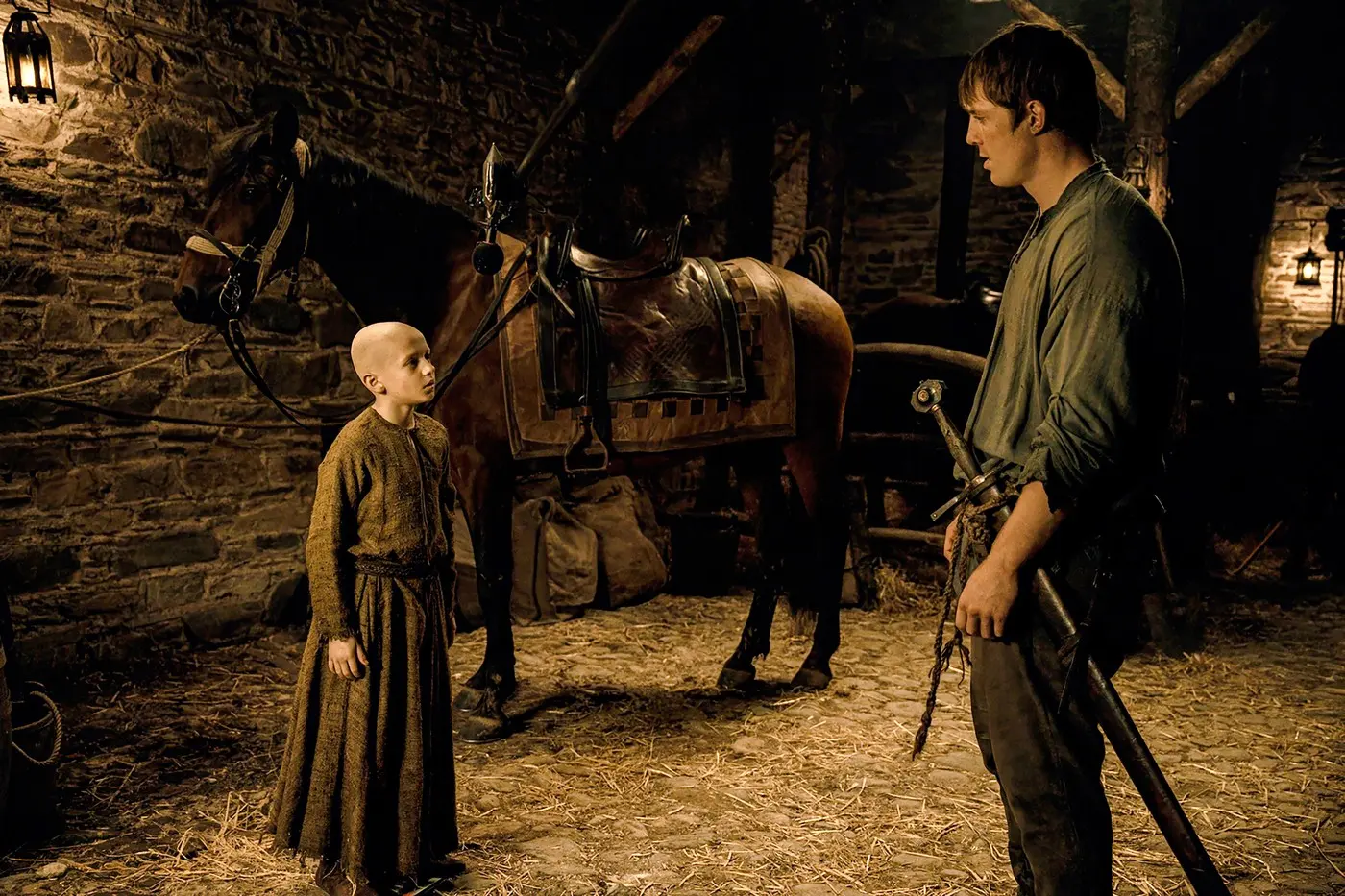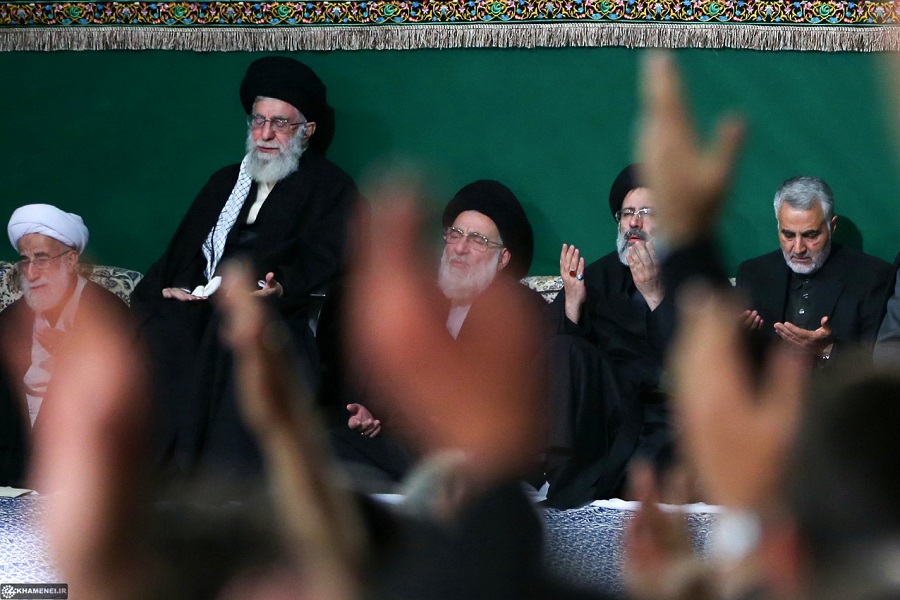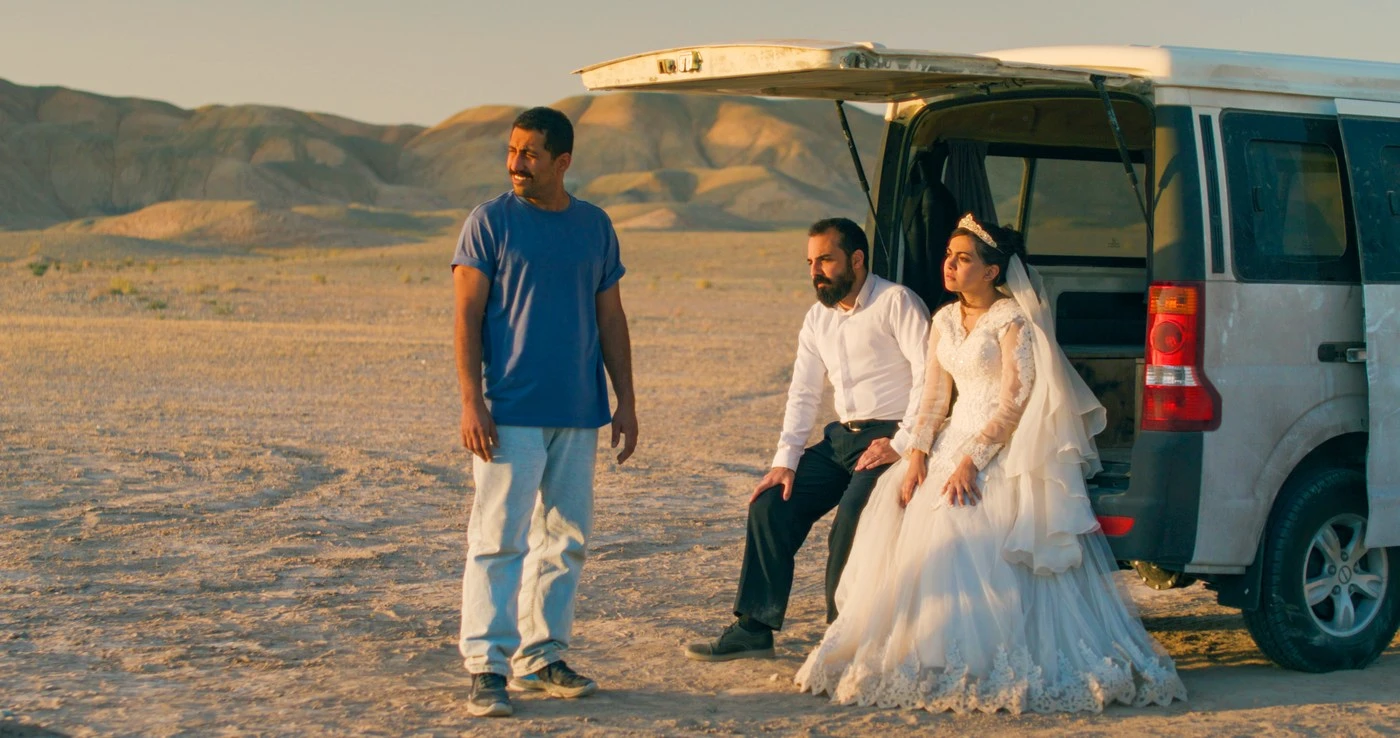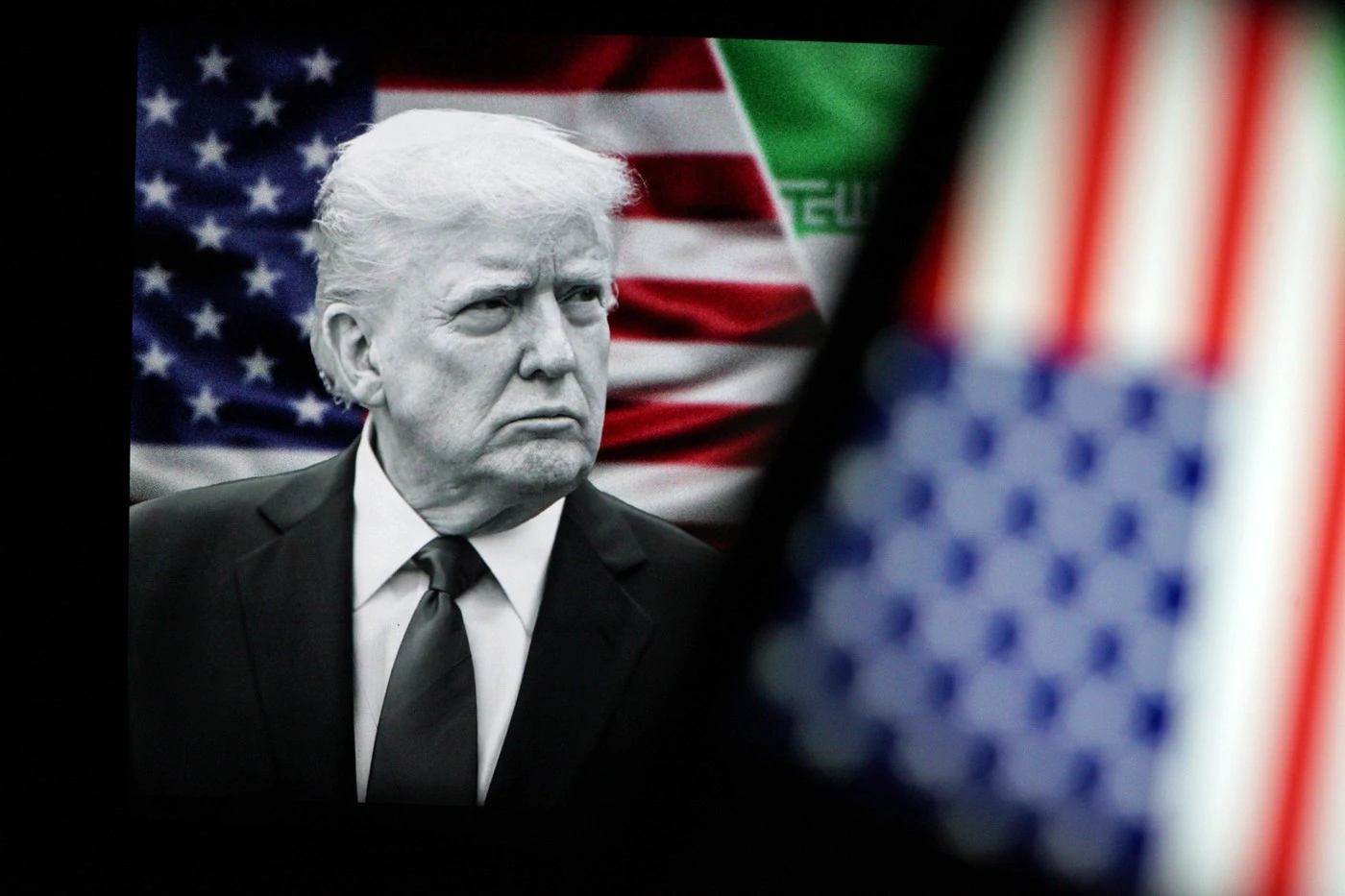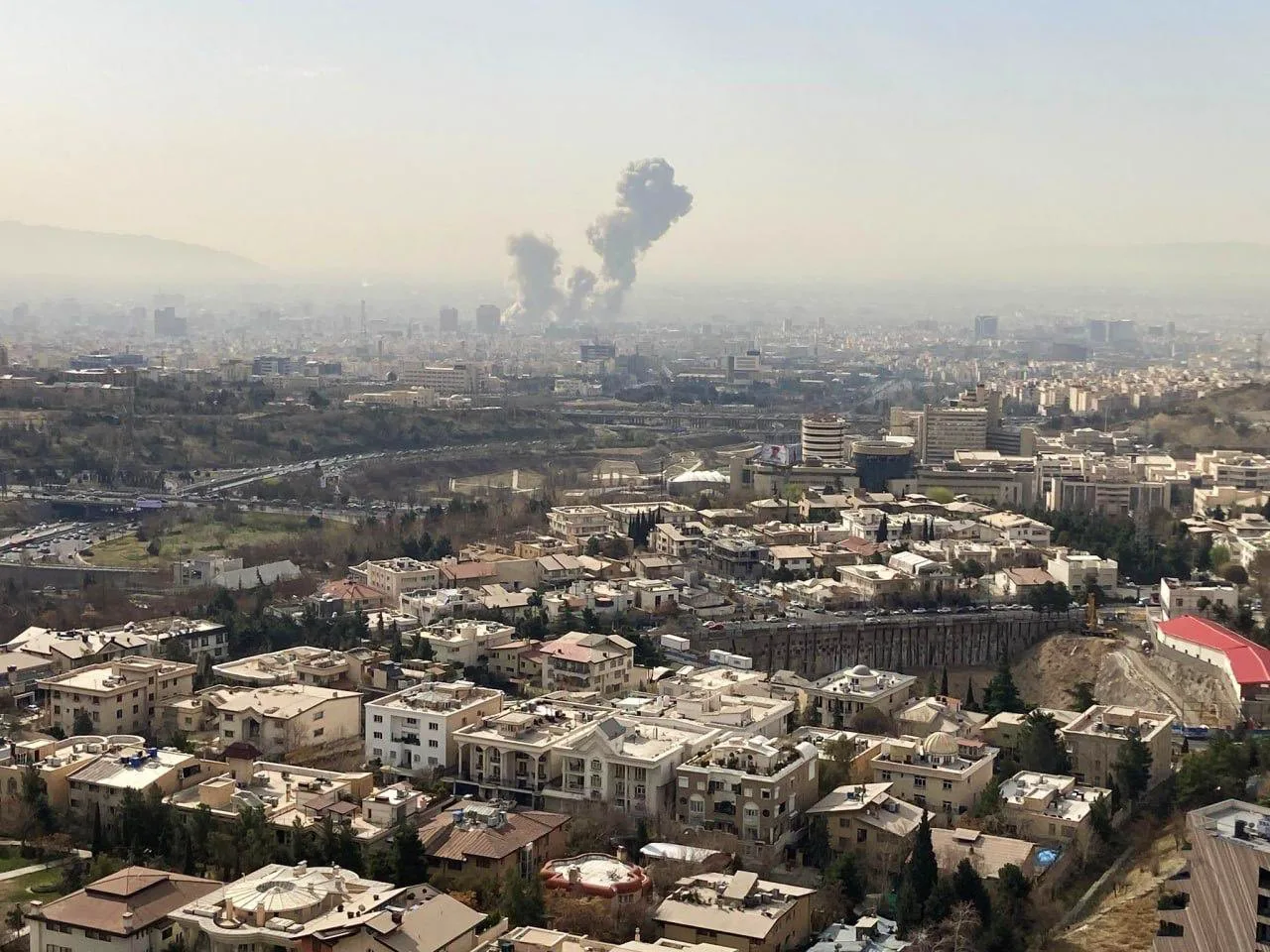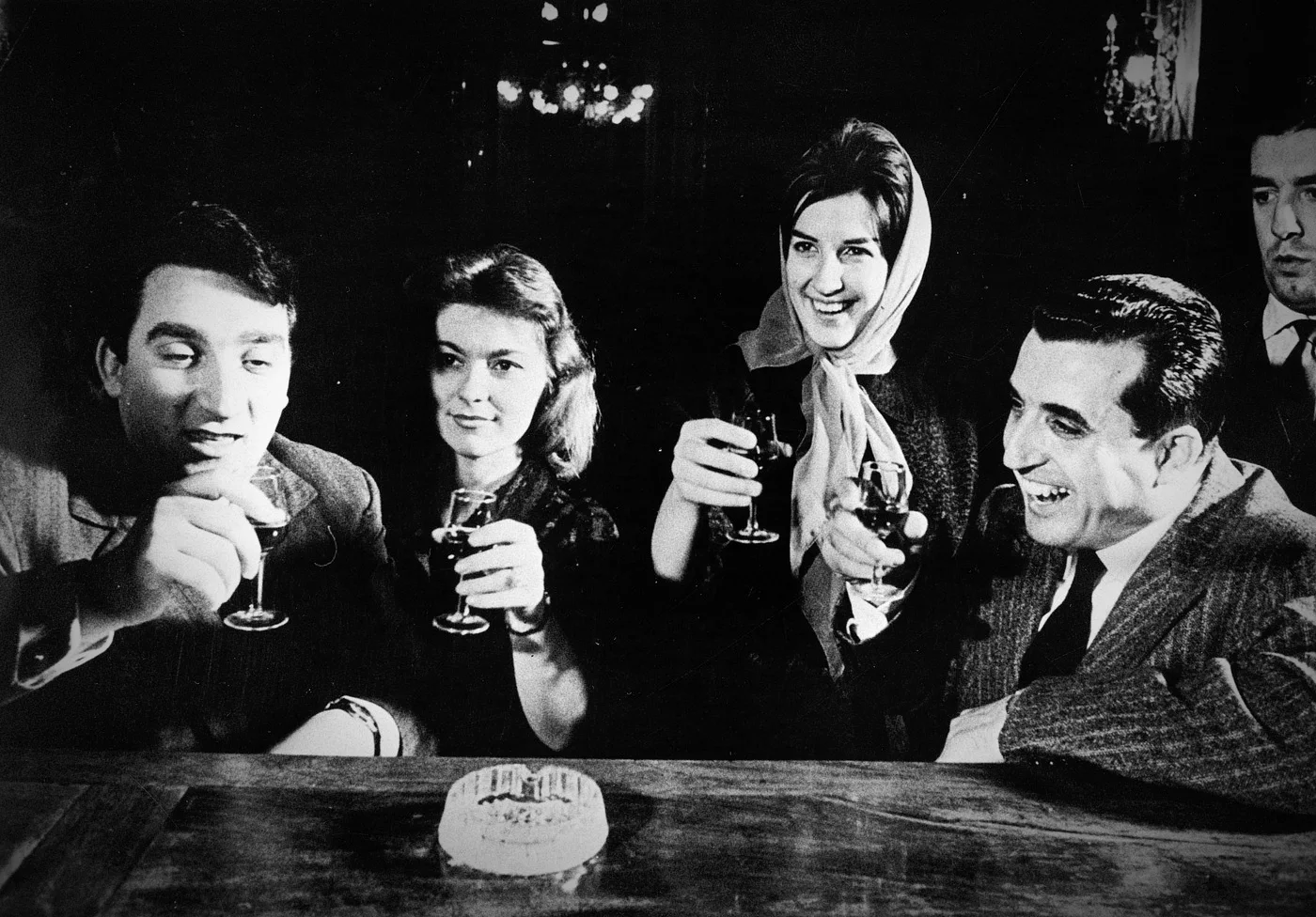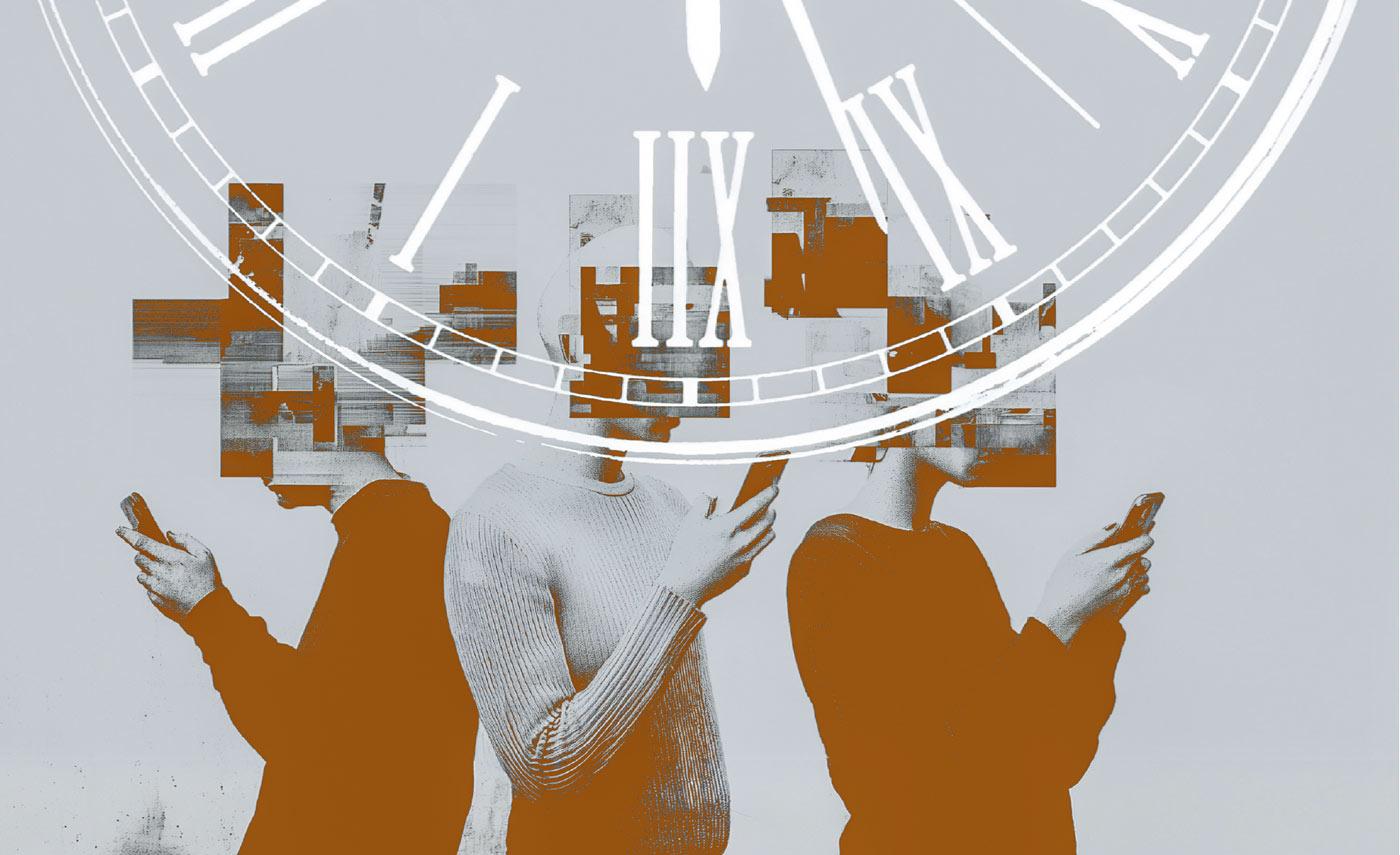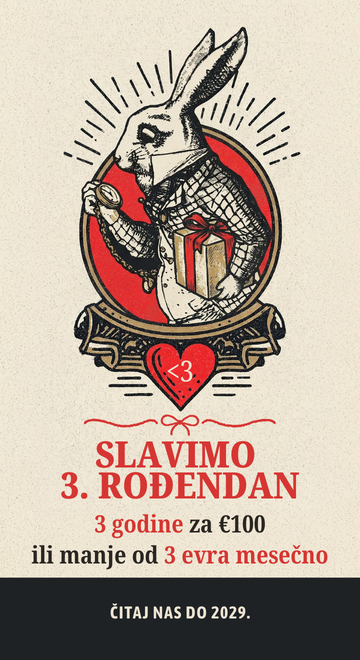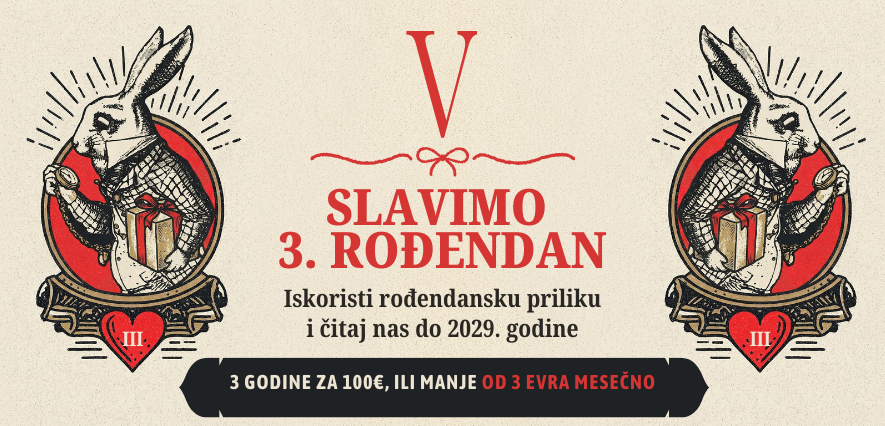This article was translated using a human-assisted ChatGPT process. We’re continuously improving the accuracy and tone of our translations. You can read the original here.
The television truly has the most democratic button. You can turn it off, or—as they say—change the channel, although in Serbia, that has become an art form. It probably seems unbelievable to foreigners—and here I mean Croats too—that TV stations here run campaigns teaching people how to find their channels or restore them to a particular slot.
People who work in television are a world unto themselves. They live inside that box. And they believe that nothing exists outside of it. Mainly, outside their own box. Complete with a name that’s getting harder and harder to find.
There’s a fantastic film about this—Network—but I don’t want to get sidetracked with television, especially not RTS, which somehow managed to counterfeit Filip Švarm in a way that even Mila Štula couldn’t have.
I flipped it back. It’s probably the same on all channels. Doesn’t even need a manual. Then I watched that trembling voice that, in an attempt to support RTS, first invoked Vreme. Why bring up Vreme now, when their journalists and editors have long been barred from appearing there—for example, in the newspaper reviews they pioneered 20 years ago?
In recent years in Serbia, there have been pressure groups that watch only other channels, pull words out of context, and attack people in order to discourage them from making public appearances. This especially affects professors and intellectuals, who are particularly sensitive to it. And since an intellectual is, by definition, someone who deals with matters that don’t directly concern him, what we are witnessing is a kind of anti-cultural revolution. One where people with glasses are still relatively safe, perhaps because even the First doesn’t see too well. It’s a Serbian media perpetuum mobile. Free production—and propaganda paid for with the money of all citizens.
The situation with RTS is peculiar because it’s a public broadcaster (so here I am talking about television after all), though even that term sounds pathetic, much like all their explanations—including their main defense, that they are a “decent” television station, which in their case literally just means they don’t swear on air, rather than that they are honest, which is what it should actually mean.
And that brings us back to Vreme. Because they have blacklists—the blackest of blacklists, really—though they didn’t even create them themselves. For any editor, there’s nothing worse… These aren’t private stations or tabloids, where someone might decide in a fit of anger who gets airtime. Someone called in.
What matters to me about the blockade of RTS—sorry for the long preamble—is that these kids need to find a way out too.
An off ramp, as they say, because this gaming generation plays this “game” really well, but they need to know that there’s a final level—otherwise, they’ll fall into Network too. Or into a never-ending game of cards, like in that old legend, where two players are always teamed up against one. That’s exactly how the one who acts like the opposition while controlling all the resources of power operates. Revolutionary methods are in play too: they must cover every inch of territory, even the smallest, along with the propaganda of the former bourgeois regime—even though they’ve now bought private jets and moved into villas in Dedinje.
The kids have made the greatest breakthrough here. An inverted pyramid. Marches to the smallest towns. That’s what Ipsos is showing Vučić: central Serbia is slipping away. And you don’t even need Ipsos to see it—a rally where Belgrade showed up, but the buses from the rest of Serbia were half-empty. Hence Baja Mali Knindža, Russians, and the full national folklore.
Even back in the nineties, they say he “missed the door”—but really, he didn’t. He joined a party already at 30 percent, and it has hovered around there ever since. Like any populist, he shifts his stance when he comes to power and becomes the “Big Brother.”
One vote makes the decision; everyone else is just playing games, building their clans to stay in the “Big Brother” house as long as possible. Just look at the hunt for a new prime minister—from Lončar, who was already making farewells at his ministry, to the scientist once seen as a shoo-in until they found out her husband had ties to the people who brought the “Big Brother” franchise to Serbia, Trump’s people… Too many cameras, too much money, too much cocaine…
And just one dealer.
That’s why the students managed to pull off something incredible—actually, two things: they shattered fear and pulled people out of apathy. And then everyone starts talking about some perfect organization, the CIA, the British, who knows who—because, yes, that’s the textbook definition of fighting against autocratic regimes. They fall when fear and/or apathy fall.
In Serbia, that part is over.
The problem is that, as always, the ruler is the last to realize it. Add to that a population exhausted by 35 years of demonstrations, divisions, corruption, wars, or threats of wars… For a nominally neutral country, it’s a special kind of madness.
After the collapse of the canopy under which anyone could’ve been—even those who moved to Trieste or Paris—no one is safe anymore. They long ago sent their kids abroad, along with their money. And the leadership that kept driving full-speed ahead has wrecked not only the engine but themselves too. Imagine a president who casually shares the shadowy corners of his mind on national television!?
For those who carried October 5 on their backs, but also for those who suffered then, there’s an extra burden: they see everything through the lens of the nineties. And that lens is full of a thousand arguments.
That’s why the kids smashed that too—because you can’t lecture them about an era they weren’t even born into. If their parents had really finished anything back then, none of this would be happening now.
That should be the key point of these protests: that something fundamental must change. I’ve long advocated for term limits—cumulative term limits, not this mutated Milošević-era system, where Vučić’s presidential term is set to expire just in time for the Expo, and then, of course, he’ll just shift over to the prime minister’s seat. Term limits have helped many Latin American countries: eight years total—for president, prime minister, and parliament speaker combined. And that’s it.
Here lies the political Catch-22: both for those in power and the opposition. How to change something they never wanted to change before. How to do it when most of them have been in politics since the very nineties we’re talking about.
This isn’t a party—it’s Đinđić’s candle burning at both ends. He said it about Yugoslavia, but it’s even truer for our country today. At least what’s left of it, because we didn’t put the fire out in time.
We have to solve this ourselves. Start dealing with things we can have, instead of obsessing over things we can’t. That’s the very definition of schizophrenia. The EU springs to mind first—something we were offered as far back as 1991. And 35 years later, the Church sees our future with Russia, even though there’s no road leading there—except when they come to us, as they did 80 years ago.
Not all love stories are sad. Not all countries are failures.
No one sane builds something that already exists. The biggest problem of every government in the past 35 years is that each one keeps trying to build a state that’s already 200 years old. You wouldn’t do that in a company, let alone in a nation that won two world wars. Hence that famous remark by Ćosić, about how we lose in peace what we achieve in war—something that was cemented by his “Memorandum” fantasy of reinventing everything, even declaring the greatest victory in our history a defeat.
Tactically, the students have done everything right. From innovations like walking to small towns to sudden actions. The most mature move came on March 15, when, on the code word “million”—probably after the song that became the protest anthem, and the last song of the former Yugoslavia—they threw off their vests and ended the largest rally in history, and potentially the largest outbreak of violence.
The most important thing is the local level. That’s where fear breaks—not on Slavija Square. And Vučić knows it. That’s why he brought in Baja Mali Knindža and blacked out additional channels.
For the endgame, an off ramp is needed—so that everything doesn’t just remain at a standoff. (Kids, if you’re reading this, you’ll get what I mean.) Because with RTS too, everything boils down to Tijanić’s timeless threat: Don’t make me let the journalists do their job.
That, one day, will be the salvation—for RTS, and for all of us. When they finally show, in prime time, everything that’s happened over these past five months—and the past 35 years.
Translator’s Notes: RTS — Serbia’s public broadcaster, seen as government-aligned; Vreme — Independent weekly news magazine, Mila Štula — Symbol of regime propaganda journalism in Milošević’s era; Filip Švarm — Vreme’s editor, respected journalist; Baja Mali Knindža — Nationalist folk singer tied to far-right imagery.
Poštovani, da biste pročitali 3 besplatna teksta potrebno je da se registrujete, a da biste nastavili sa čitanjem naših premium sadržaja, neophodno je da odaberete jedan od planova pretplate.
Već imate nalog? Ulogujte se




